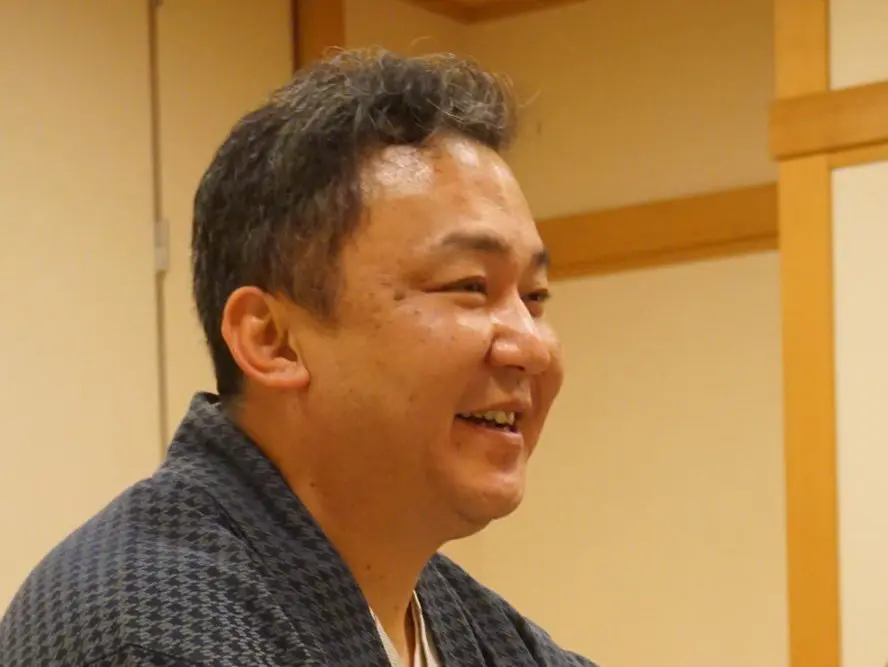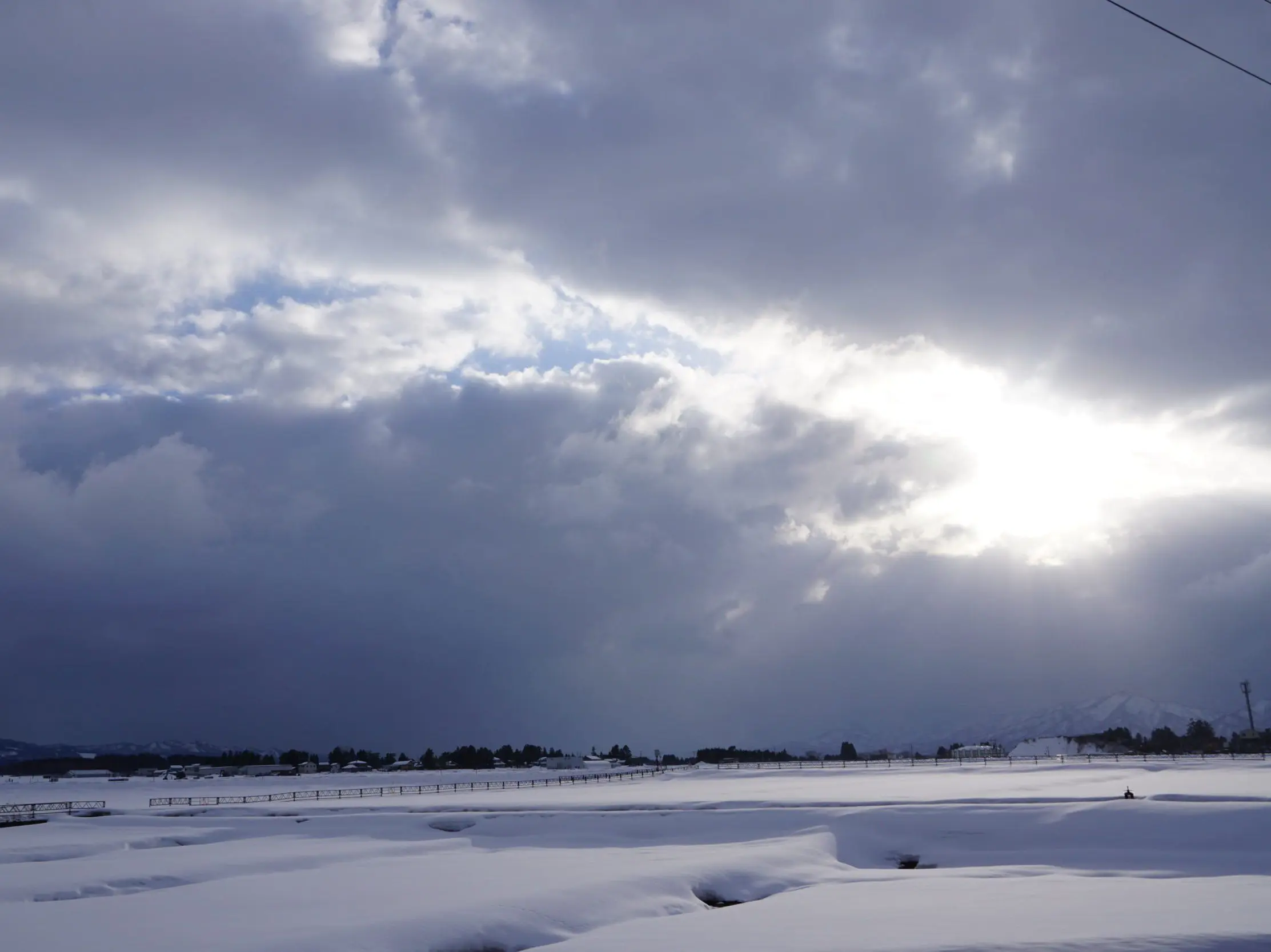Founded in 1778, the Fuji Brewery is now managed by the 13th generation of the Kato family, Ariyoshi Kato. Located in Tsuruoka City, a sake-brewing hub in Yamagata prefecture, Eiko Fuji embodies the style of Yamagata—light, clean, and delightfully fruity.
Eiko Fuji means “Glorious Mount Fuji.” The name is a tribute to Japan’s national symbol and the brewery’s aspiration in making sake.

Ariyoshi Kato is the 13th generation President of the Fuji Brewing Company. After graduating from college, he started a career in finance in Tokyo. The brewery was on solid footing under his father’s leadership. However, Kato-san saw the potential for something new—a revival of something already great. He returned home to Yamagata and joined the brewery, becoming President under his father’s leadership as Chairman. As he took the reins, he began to innovate and change. He attracted new talent and embraced new ideas. Under his leadership, Eiko Fuji has grown in size and renovated almost every area of the brewery. Despite their success, Kato-san works in the brewery, side-by-side with his brewing team, making sake. He leads as a team, with his two trusted, key managers, Shigeyuki Yoneyama, his marketing director and Kodai Kato (no family relation), his brewmaster.
Eiko Fuji is the story of how a brewery that is two years younger than the United States, thirteen generations old, is still innovating, improving, and embracing new people and ideas.
Yamagata is synonymous with “ginjo sake.” The prefecture claims to make more ginjo and daiginjo as a percentage of its total sake production than any other prefecture. Yamagata also reflects the Tohoku style—fruity but well-balanced. The influence of Niigata to the south, outside of Tohoku, can be felt in the clean and clear style of Yamagata sake. Yamagata sake is an amazing crossroads.
Yamagata is known for its production of Dewa San San (san san meaning 33) sake rice and, more recently, Dewa No Sato. Both of these varietals can only be grown in Yamagata. Many breweries use a square blue and white sticker with “Dewa 33” on the bottle to indicate its rice varietal.
Yamagata has also developed its own yeast strain, called “Yamagata KA,” or “Yamagata Kobo.” Yamagata Kobo is a relative of Yeast #9, which came from Kumamoto. Sake makers in Yamagata also frequently use Yeast #10. You can see this in Eiko Fuji Namazake Junmai Ginjo, a fantastic representation of this yeast and Yamada Nishiki rice. Getting super-technical, these yeast strains fall into a family of yeast that is known to produce medium aroma and notes of green apple instead of flowery or tropical fruit aromas and flavors like ginjo yeasts of higher numbers.
Yamagata was one of the first prefectures in Japan to obtain a Geographical Indentification, or GI, like wine. There are roughly 50 breweries in Yamagata.

Eiko Fuji is located in Tsuruoka City on the Shonai Plain in Yamagata. Shonai is a celebrated rice-growing area. The flat lands are covered with snow during the winter and enriched with sunlight and rain in the summer.

Eiko Fuji makes many different kinds of sake. We import Ban Ryu “Ten Thousand Ways” Honjozo, Honkara (Honjozo Karakuchi), and Nama-chozo Junmai Ginjo.